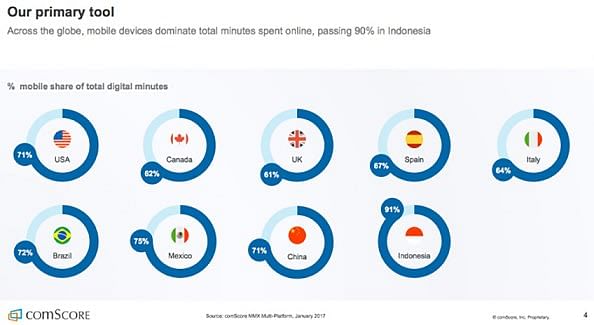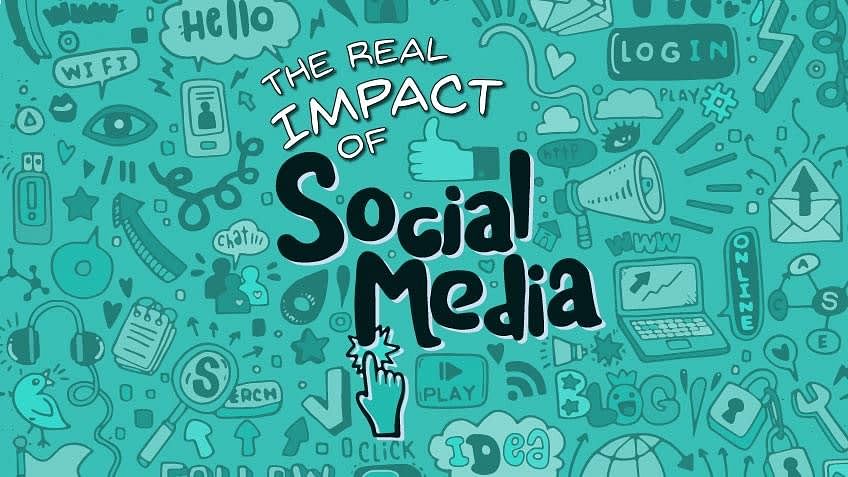
Information and communication technology has changed rapidly over the past 20 years with a key development being the emergence of social media.
The pace of change is accelerating. For example, the development of mobile technology has played an important role in shaping the impact of social media. Across the globe, mobile devices dominate in terms of total minutes spent online. This puts the means to connect anywhere, at any time on any device in everyone’s hands.
Why People Share Information
A fascinating study by the New York Times Consumer Insight Group revealed the motivations that participants cited for sharing information on social media. These include a desire to reveal valuable and entertaining content to others; to define themselves; to grow and nourish relationships and to get the word out about brands and causes they like or support.
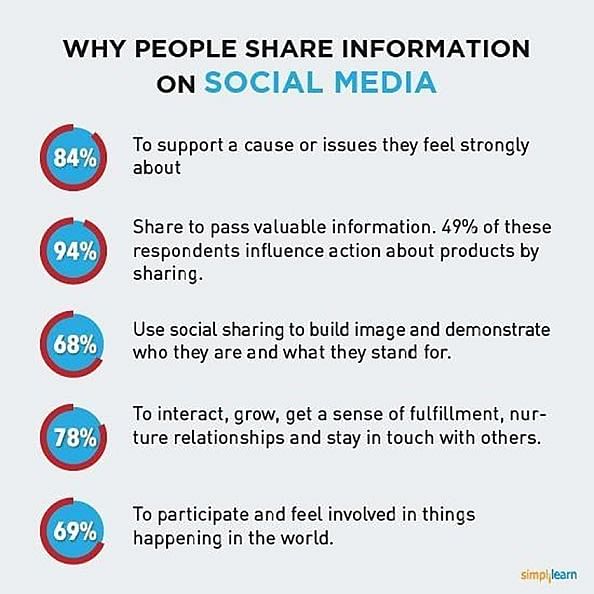
These factors have caused social networks to evolve from being a handy means for keeping in touch with friends and family to being used in ways that have a real impact on society.
Social media is being used in ways that shape politics, business, world culture, education, careers, innovation, and more.
| Are you looking for a Social Media Course? Here's our Social Media Course preview. Check now! |
Impact of Social Media:
The Effect of Social Media on Politics
A new study from Pew Research claims that 62 percent of people get their news from social media, with 18 percent doing so very often.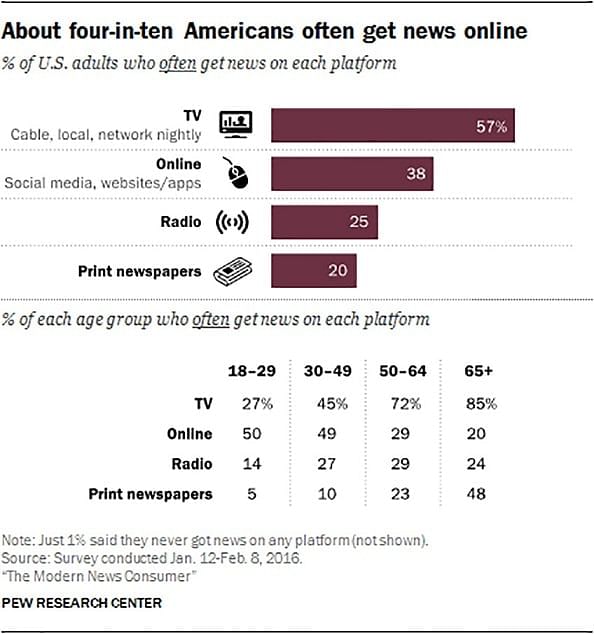
In comparison to other media, social media’s influence in political campaigns has increased tremendously. Social networks play an increasingly important role in electoral politics — first in the ultimately unsuccessful candidacy of Howard Dean in 2003, and then in the election of the first African-American president in 2008.
FAKE TWEETS
People also affect from fake tweets which is very hard to understand. Fake tweet generator tools like Link make tweets that actually look like real.You never understand that these tweets are fake or real.some of the examples given below:
The New York Times reports that “The election of Donald J. Trump is perhaps the starkest illustration yet that across the planet, social networks are helping to fundamentally rewire human society.” Because social media allows people to communicate with one another more freely, they are helping to create surprisingly influential social organizations among once-marginalized groups.
The Impact of Social Media on Society
Almost a quarter of the world’s population is now on Facebook. In the USA nearly 80% of all internet users are on this platform. Because social networks feed off interactions among people, they become more powerful as they grow.
Thanks to the internet, each person with marginal views can see that he’s not alone. And when these people find one another via social media, they can do things — create memes, publications and entire online worlds that bolster their worldview, and then break into the mainstream.
Without social media, social, ethical, environmental and political ills would have minimal visibility. Increased visibility of issues has shifted the balance of power from the hands of a few to the masses.
The flipside: Social media is slowly killing real activism and replacing it with ‘slacktivism’.
While social media activism brings an increased awareness about societal issues, questions remain as to whether this awareness is translating into real change.
Some argue that social sharing has encouraged people to use computers and mobile phones to express their concerns on social issues without actually having to engage actively with campaigns in real life. Their support is limited to pressing the ‘Like’ button or sharing content.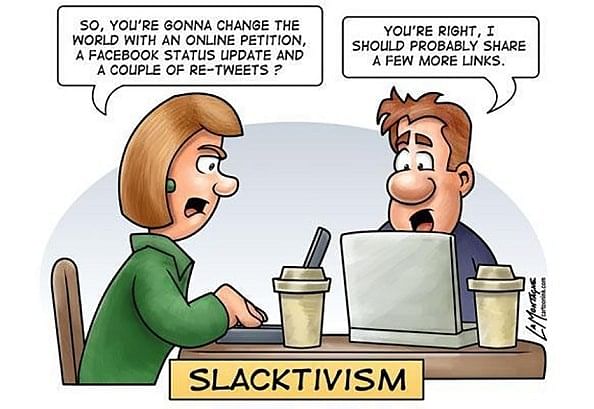
This is a very human reaction when people are given options that absolve them from responsibility to act. A 2013 study by the University of British Columbia’s Sauder School of Business found that when people are presented with the option of ‘liking’ a social cause, they use this to opt-out of actually committing time and money to a charitable cause. On the other hand, when people are allowed to show support in private, they are more likely to show meaningful support in terms of making a financial contribution.
The researchers found that a public endorsement is an action meant to satisfy others’ opinions, whereas people who give in private do so because the cause is aligned to their values.The Impact of Social Media on Commerce
The rise of social media means it’s unusual to find an organization that does not reach its customers and prospects through one social media platform or another. Companies see the importance of using social media to connect with customers and build revenue.
Businesses have realized they can use social media to generate insights, stimulate demand, and create targeted product offerings. This is important in traditional brick-and-motor businesses, and, obviously, in the world of e-commerce.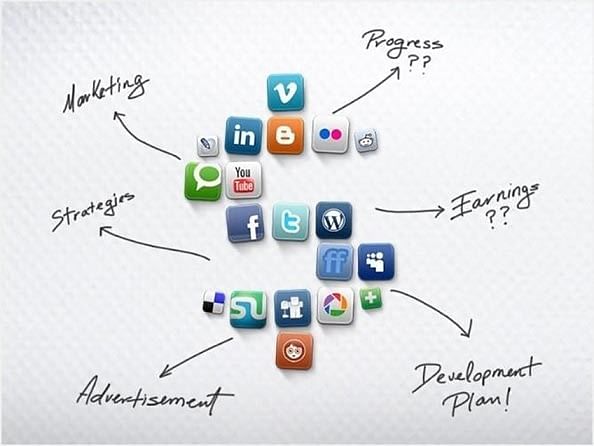
[Related reading: 9 Social Media Marketing Skills You Need Right Now]
Many studies suggest implementing social networks within the workplace can strengthen knowledge sharing. The result is to improve project management activities and enable the spread of specialized knowledge. Fully implementing social technologies in the workplace removes boundaries, eliminates silos, and can raise interaction and help create more highly skilled and knowledgeable workers.
The flip side: Low number of social ‘shares’ can lead to negative social proof and destroy business credibility.
Interestingly, although the use of social sharing has become the norm rather than the exception in business, some companies, after experiencing first-hand some negative effects of social media, have decided to go against the grain and remove the social sharing buttons from their websites.
A case study of Taloon.com, an e-commerce retailer from Finland, found that conversions rose by 11.9% when they removed share buttons from their product pages.
These results highlight the double-edged nature of the impact of social media. When products attract a lot of shares, it can reinforce sales. But when the reverse is true, customers begin to distrust the product and the company. This is what Dr. Paul Marsden, psychologist and author of ‘The Social Commerce Handbook’, referred to as ‘social proof’.
